10 species of endangered animals and birds of Central Asia – photos
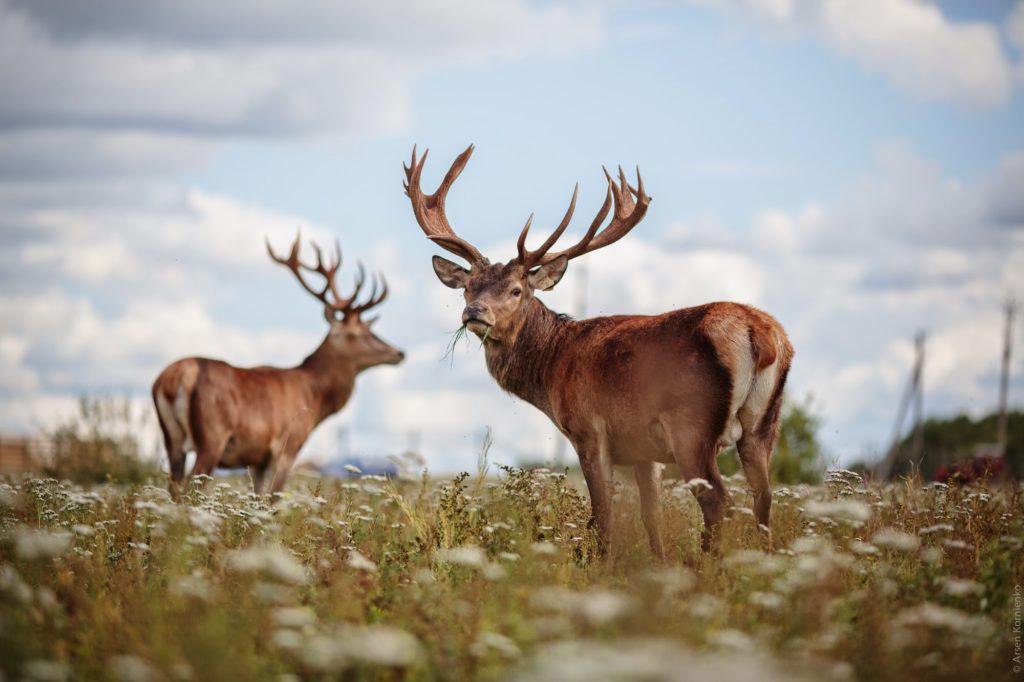
Фото:isweet.com.ru
According to a report of the World Wildlife Fund published in 2014, the number of wild animals has decreased by half since 1970.
Kaktakto has formed a list of 10 species of animals that are endangered in the Central Asian region and publicized it.
Deer of Bukhara
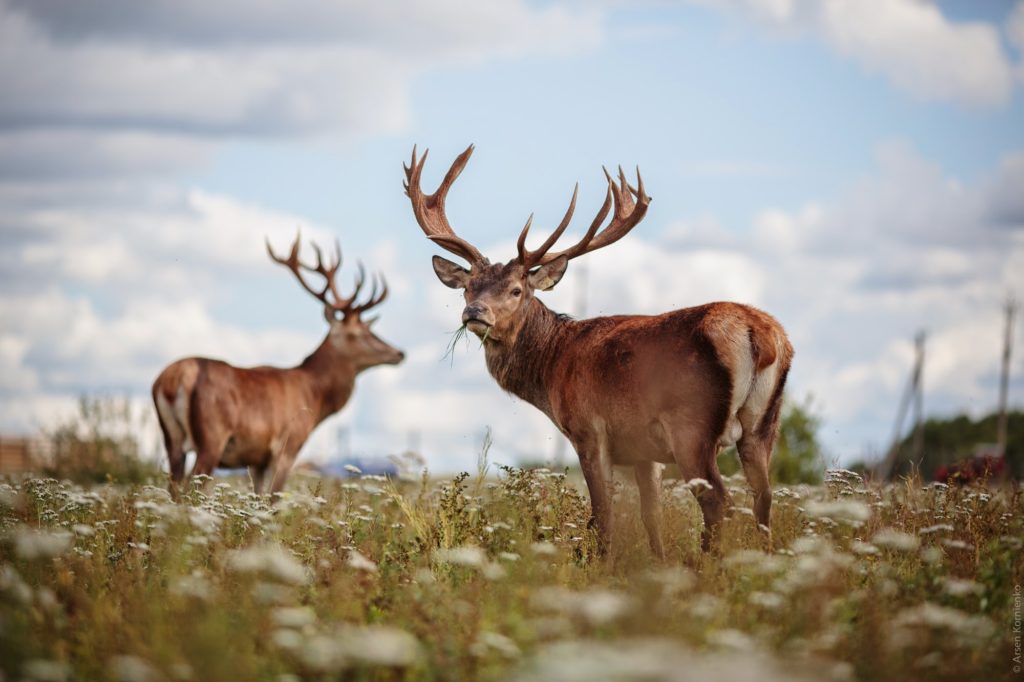
In 1999, the number of Bukharian deer lessened by 400 heads. Most of them died during the civil war in Tajikistan. At the moment, the rarest deer stored in Tajikistan's wildlife sanctuary have reached 850 heads, but only 40 deer have remained the Zarafshan reserve.
Gazelle
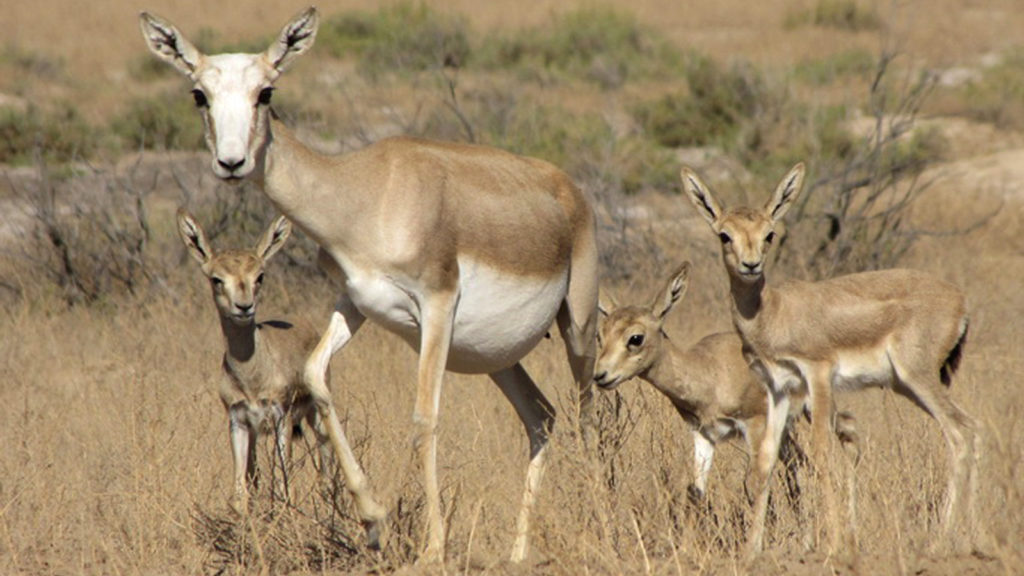
The fast-moving gazelle is mostly found in Turkmenistan and Kazakhstan. It is hunted for its horn and flesh. In the 80's of the last century, on the Kopettog fields, research activities on breeding gazelles were carried out. But the number of preserved gazelles in the reserve does not exceed 200 heads.
Beautiful bustard
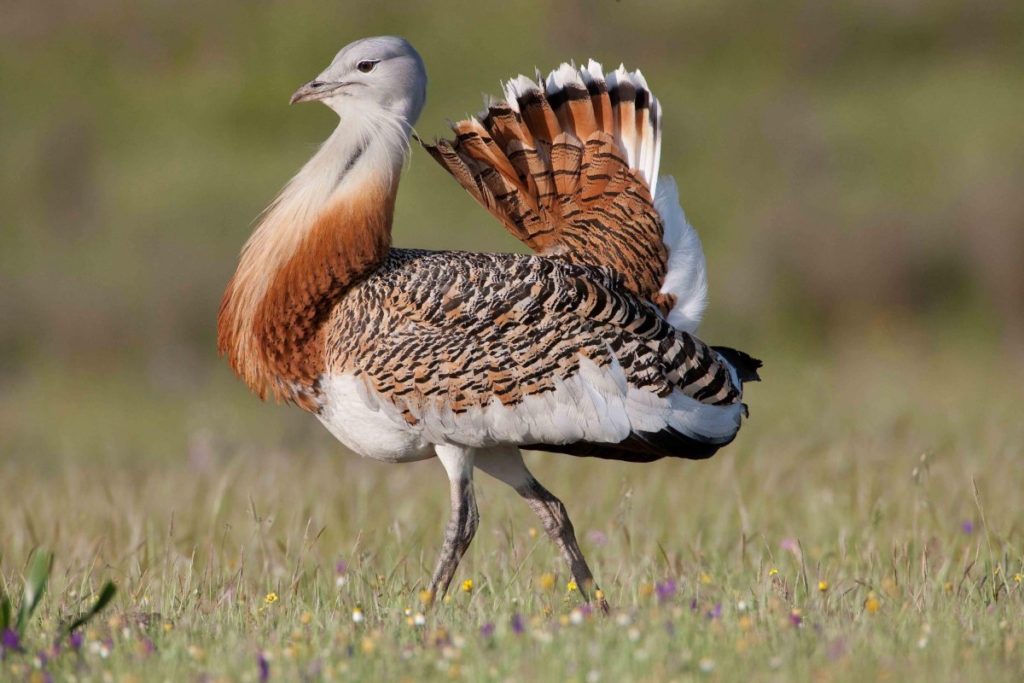
One of the names of bustards known to local people is a screaming bird. It is also under risk. Although the bird is included in the “Red book” list in Kazakhstan, rich Arabic sheikhs are allowed to hunt them.
Golden eagle
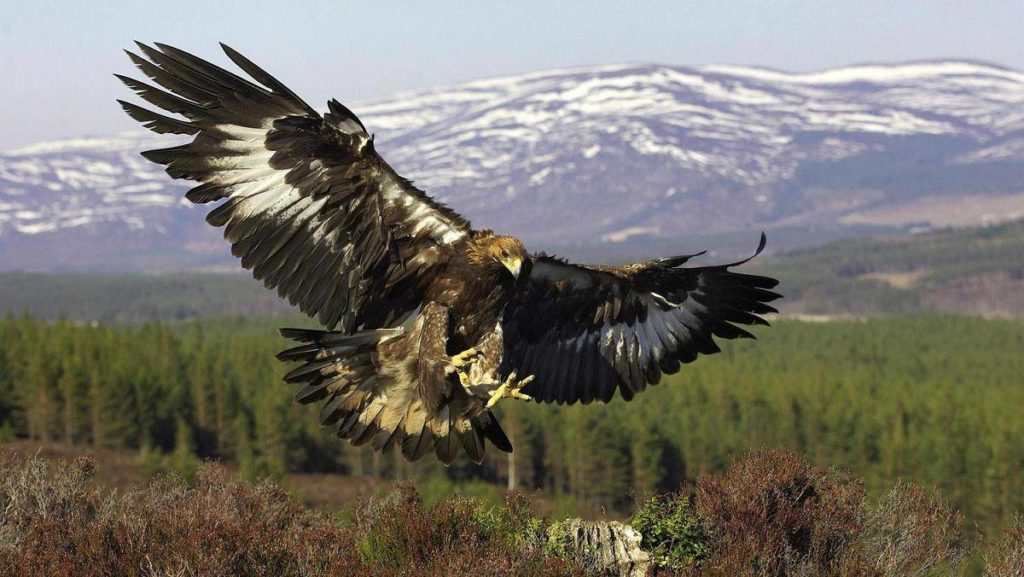
Berkut or Golden Eagle is one of the most beautiful and widespread birds in Central Asia. He flees from settlements and wants to live in peace, the Golden Eagle is sensitive to external influences.
Along with poachers and urbanization, pesticides also affect the destruction of berkuts. The golden eagle is being poisoned with rodents.
Manul
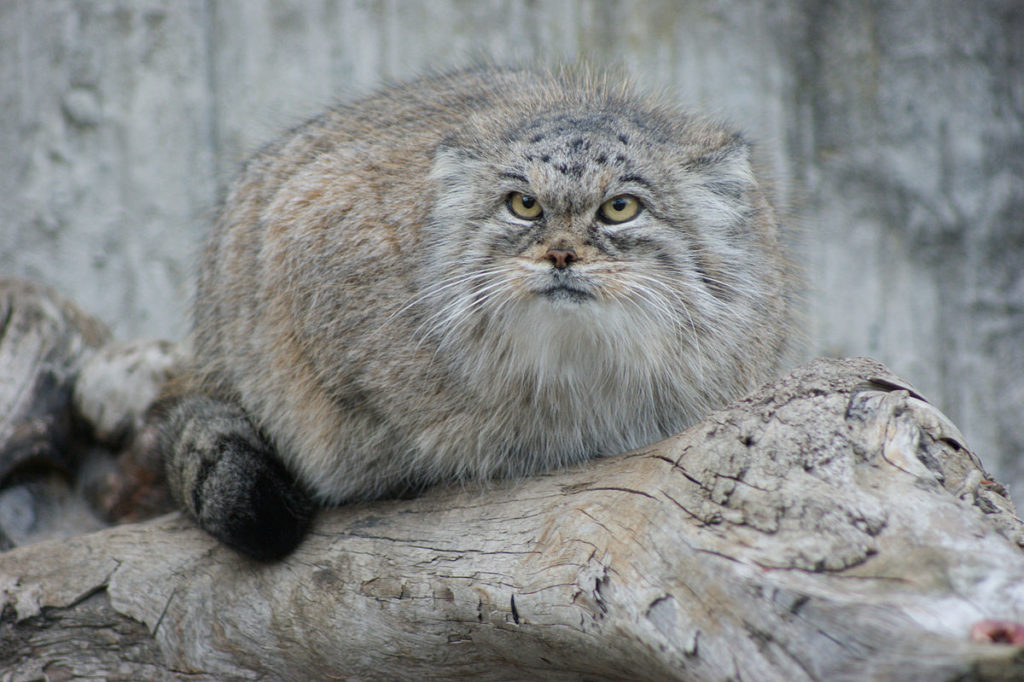
The Pallas's cat is characterized by unusual round eyes and thick fur. It can be found in the areas from the South Caucasus to Iran. Manus is also one of the endangered animal species in Central Asia.
They are being diminished because of the “efforts” of hunters. In addition, their main feed – marmots and rodents have decreased in the nature.
Caracal
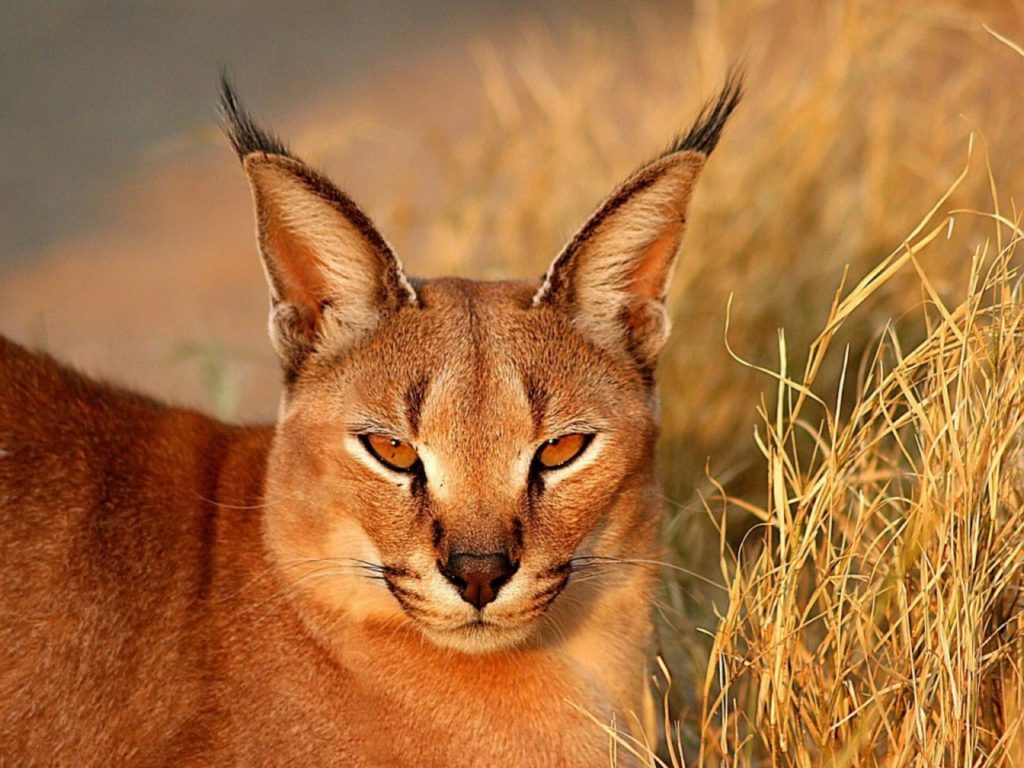
The caracal is a medium-sized wild cat. There are only few of them left in Central Asia.
About 300 caracals inhabit in the Mangyshlak region.
Kulan (wild ass)
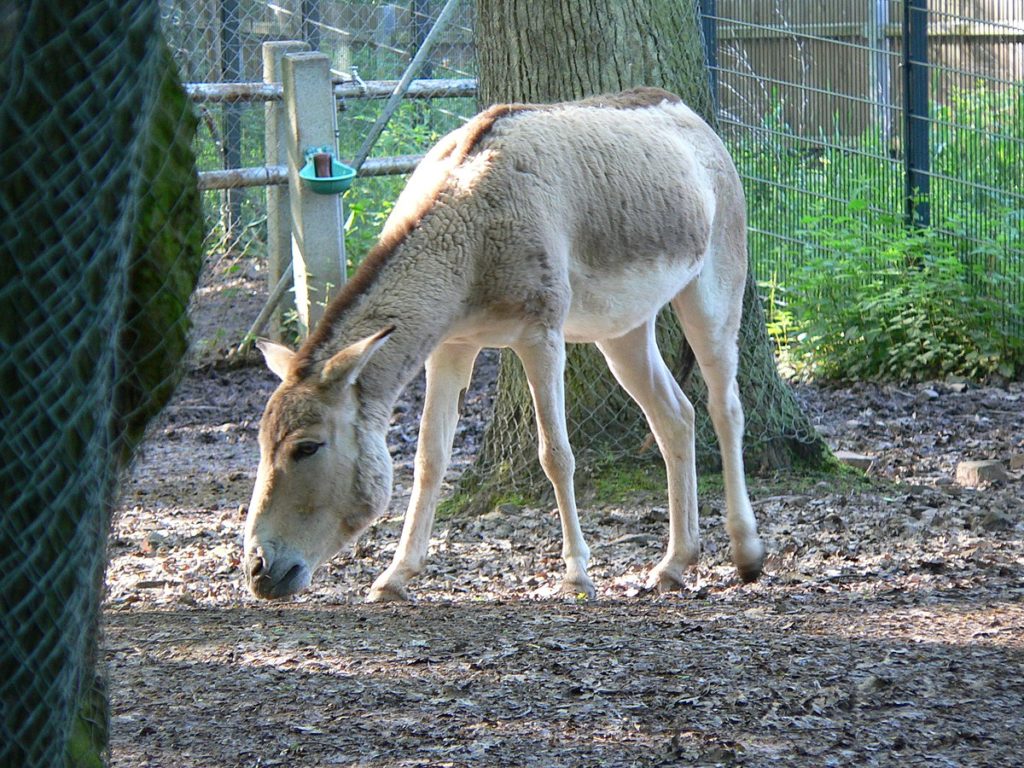
Kulans have survived in Northern Eurasia, they have been diminishing in the wildlife. The wild ass can run up to 70 km/h speed. They live freely in the plains of Central Asia. Unfortunately, less than a thousand kulans have survived in the region.
Irbis (snow leopard)
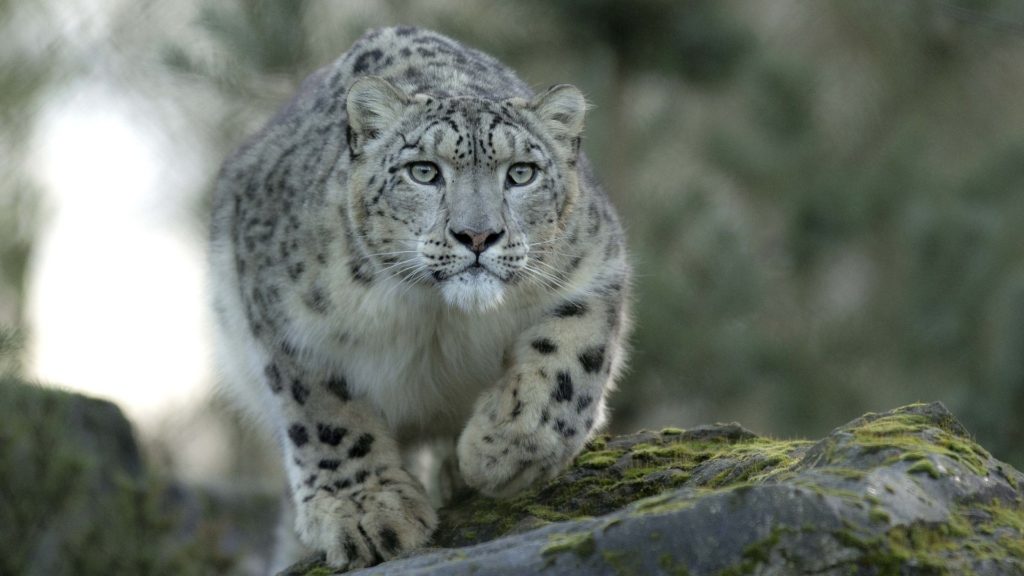
Genetically, the wild large cat is close to tigers but looks like a leopard. It is endangered basically due to poachers and lack of food.
It is reported that in 2017, there were 7500 heads left in Central Asia.
Menzibira marmot
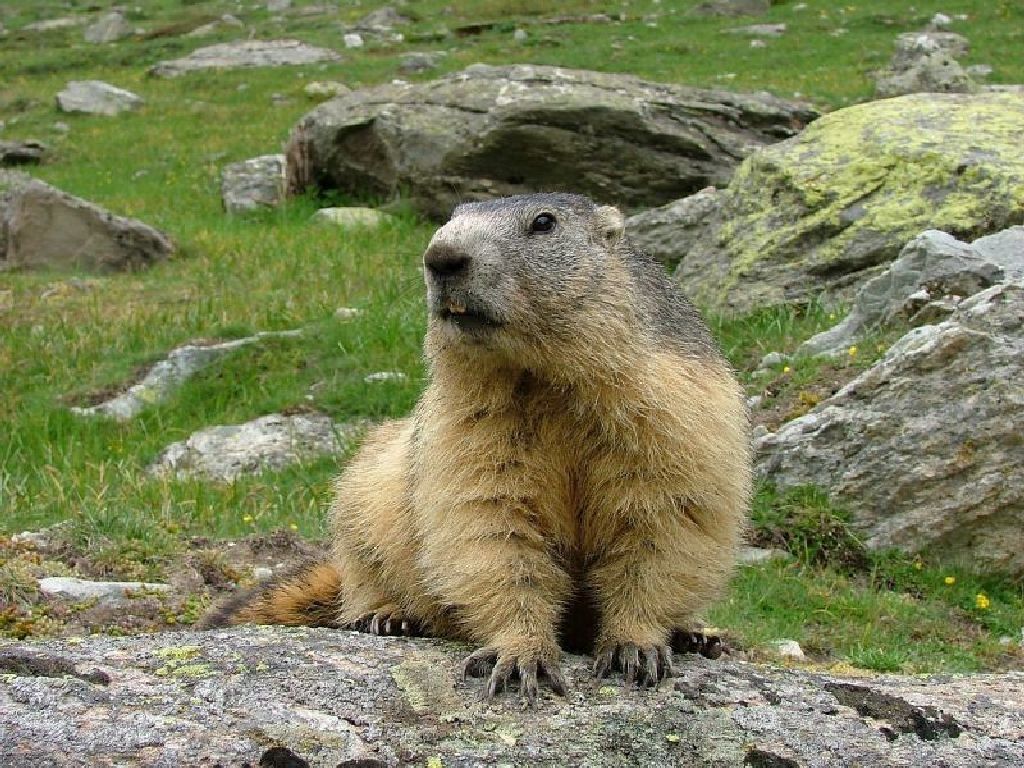
It can be found in Chatkal (Uzbekistan), Kurama (Kazakhstan) mountain ranges and in the Talas valley (Kyrgyzstan).
Its height is 49 cm and the tail – 13.5 cm long. It has an anatomy like all marmots, but it has short ears and thick fur. They are about 5,000.
Saiga antelope
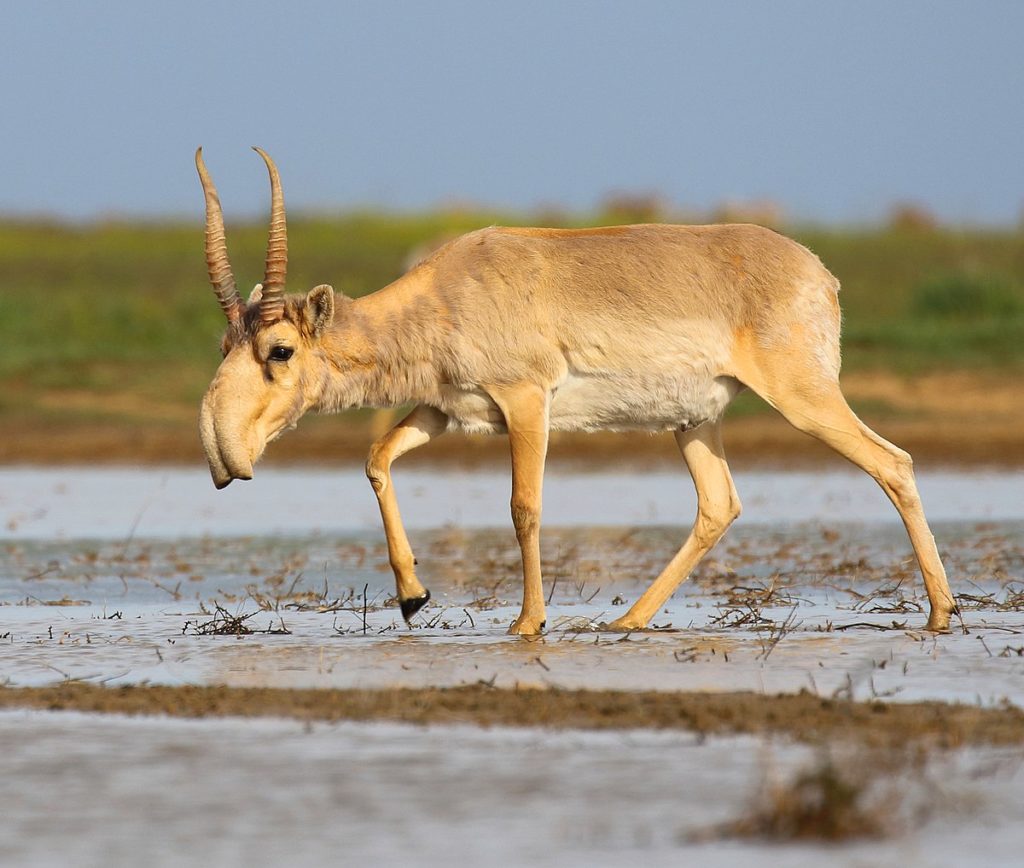
Sometimes, saiga antelopes are met in Turkmenistan and Russia. Actually, they are wild animals of Uzbekistan, Kyrgyzstan and Kazakhstan.
In 2010-2015, 132,000 saiga antelopes were killed in Kazakhstan. It has been reported that they are endangered because of hemorrhagic septicemia (pasteurella multocida). They are also dying due to the inability to obtain food from under the ice, which cannot be broken with hoofs and due to poaching.
Related News

12:11 / 13.02.2026
Germany urges Central Asian states to comply with Russia sanctions
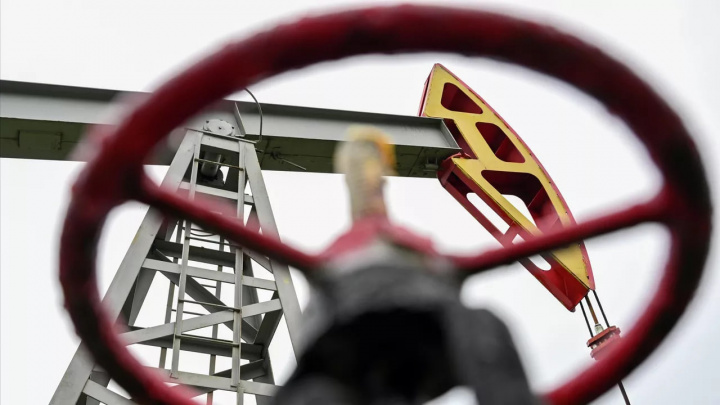
14:36 / 26.01.2026
Central Asia and Russia agree on joint energy cooperation platform
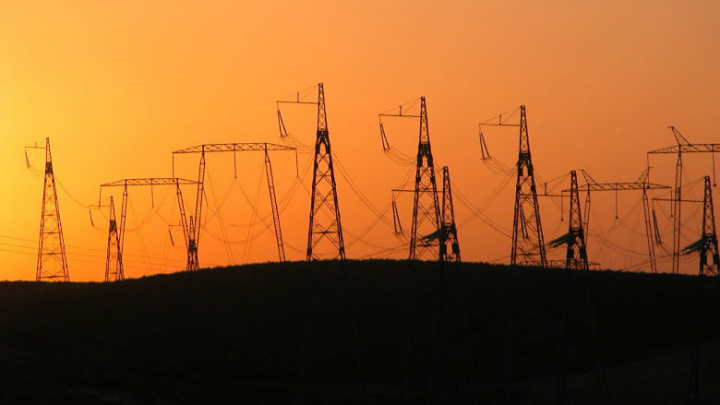
11:17 / 24.01.2026
World Bank approves $1 billion program to create Central Asia’s first regional electricity market
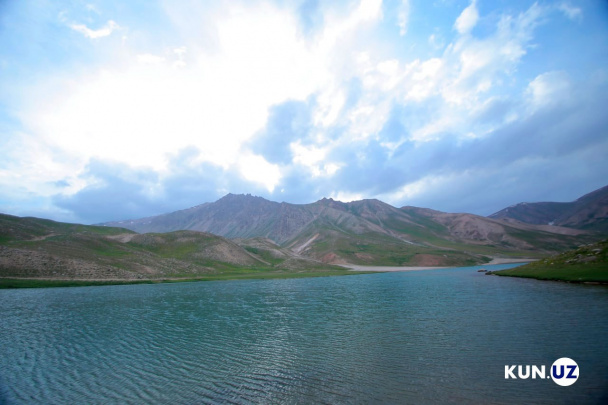
20:13 / 19.01.2026




